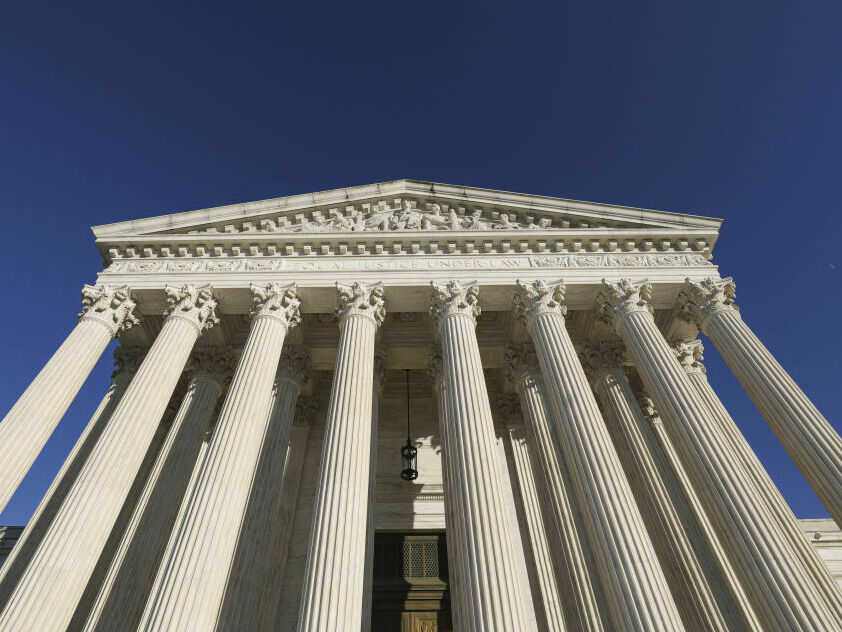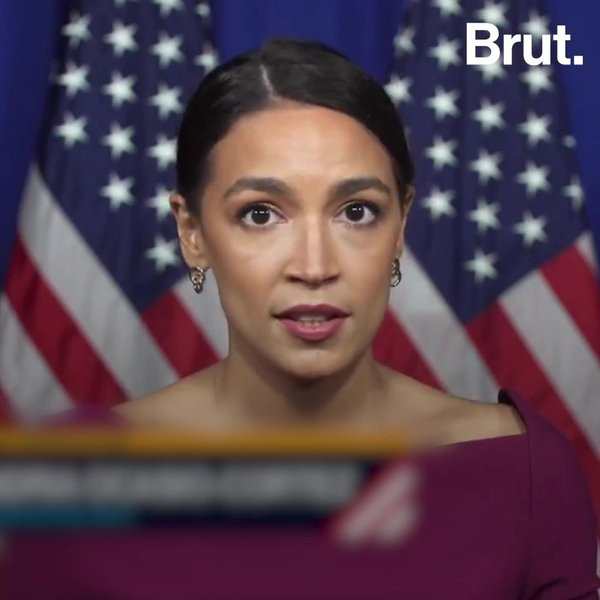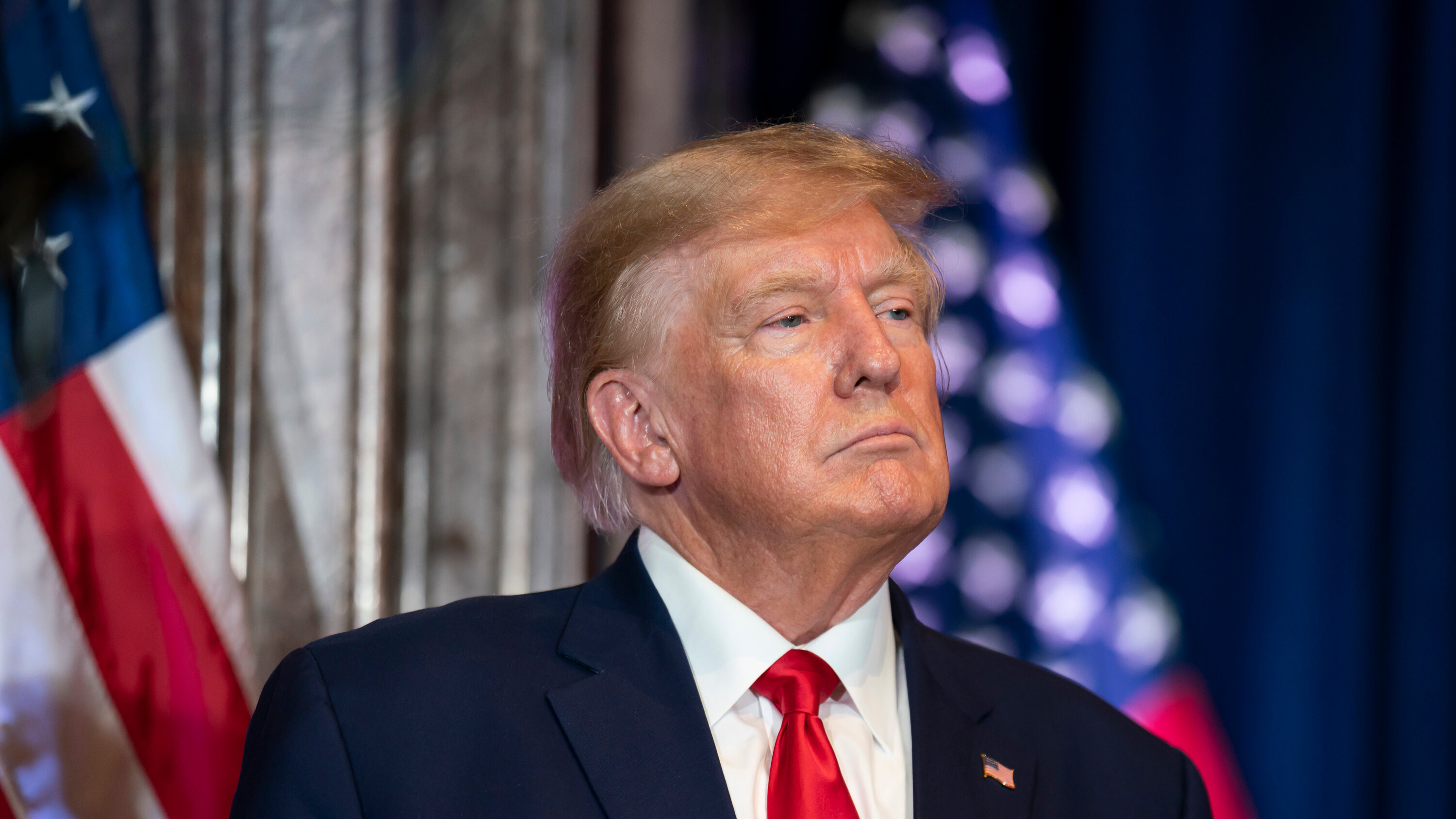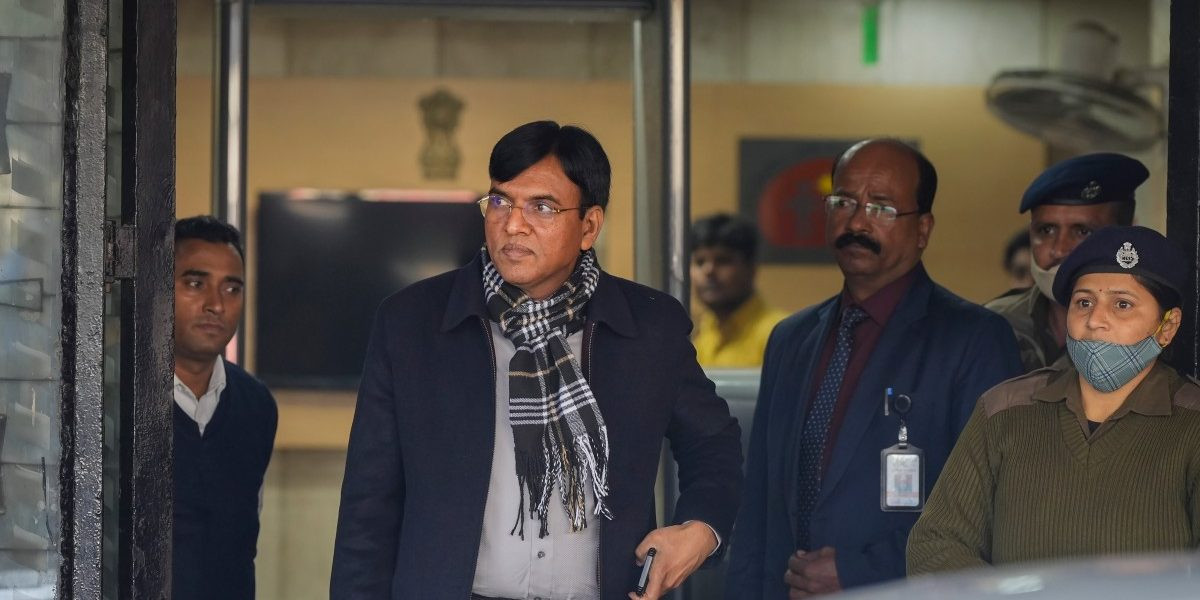Supreme Court Showdown: TikTok's Last-Ditch Effort to Avoid US Ban
On Monday, TikTok filed an emergency appeal with the Supreme Court, desperately seeking to prevent a looming ban set to take effect on January 19th. This dramatic move follows a series of legal setbacks, leaving the popular video-sharing app on the brink of being shut down in the United States.
The Legal Battle: A Timeline of Events
The saga began in April 2024 when President Biden signed the Protecting Americans from Foreign Adversary Controlled Applications Act into law. This bipartisan bill mandates that TikTok's Chinese parent company, ByteDance, divest from the platform or face a complete ban within the US. TikTok immediately challenged the law, arguing it violates its First Amendment rights and infringes upon freedom of speech. The initial legal challenge was unsuccessful, with the U.S. Court of Appeals for the District of Columbia Circuit denying a temporary block in December. The court concluded that the law's national security justifications, which centered on concerns about potential access to American user data and the potential for Chinese government influence over content, were legitimate, and the law itself was narrowly tailored. This ruling paved the way for the current appeal to the highest court in the land.
The Supreme Court's Role
The Supreme Court now holds the fate of TikTok in its hands. The request first goes to Chief Justice John Roberts, who oversees emergency appeals from courts in Washington, D.C., although he will likely seek input from fellow justices before making a decision. The court has the power to issue an emergency order blocking the law's enforcement, granting TikTok a reprieve, or let the ban go into effect. A ruling is expected by January 6th, providing a crucial deadline for TikTok to prepare for a potential shutdown. If the court doesn't issue an emergency order, the law will take effect January 19th.
The Stakes: Free Speech vs. National Security
The debate surrounding the TikTok ban is far from simple. TikTok and its supporters argue that the law represents a dangerous attack on freedom of expression, silencing millions of American users. The law’s supporters, however, maintain that the need to protect national security from foreign influence overrides the potential infringement on free speech. The potential ban risks silencing countless voices that rely on the platform for communication, commerce, artistic expression, and political discourse. The high court's decision will have far-reaching consequences for digital platforms, free speech, and national security.
Economic Impact
A complete ban would severely impact TikTok's more than 170 million U.S. users and deal a significant blow to the U.S. advertising industry. ByteDance has warned of substantial job losses and a considerable reduction in daily active users. This has caused ripples throughout many industries affected by the platform's massive user base. The potential consequences extend beyond job losses and revenue streams; many industries now find themselves having to adapt to the potential absence of the platform.
A Presidential Perspective: Trump's Shifting Stance
President-elect Trump's position on TikTok has been noticeably inconsistent. While previously advocating for a ban, Trump recently stated that he has a “warm spot” for TikTok and indicated his administration may explore options to “save TikTok.” He met with TikTok CEO Shou Zi Chew shortly before the current appeal was filed. This shift adds a further layer of political complexity to the situation, raising questions about the incoming administration's approach to the law and the potential for executive intervention.
Political Ramifications
The TikTok ban debate has become embroiled in partisan politics, with contrasting views and claims between political ideologies. The ban also highlights the tension between free expression and national security considerations in the digital age. While these factors certainly play a role, there's a larger context of broader political and technological influences that need to be considered in the narrative.
The Future of TikTok in the US: Uncertain Times
The Supreme Court's decision will be pivotal in determining the fate of TikTok in the US. A temporary block would buy time, but a rejection could lead to an immediate ban. Several outcomes are still possible, including the possibility of a sale of the platform to comply with the act’s conditions. In a world grappling with the evolving relationship between technology, national security, and free speech, the future of TikTok holds implications for millions of users and broader policy implications. The final decision will likely create a precedent for future regulations of similar technologies.
The coming weeks will be crucial for the platform's American future. Even with a final ruling, several further legal avenues remain open to ByteDance, and the final chapter of this story is still far from being written. While the legal battles play out, the future of TikTok remains uncertain, leaving users and stakeholders anxiously awaiting the Supreme Court's ruling. This situation also underscores the escalating geopolitical tensions between the US and China in the tech sector.

















